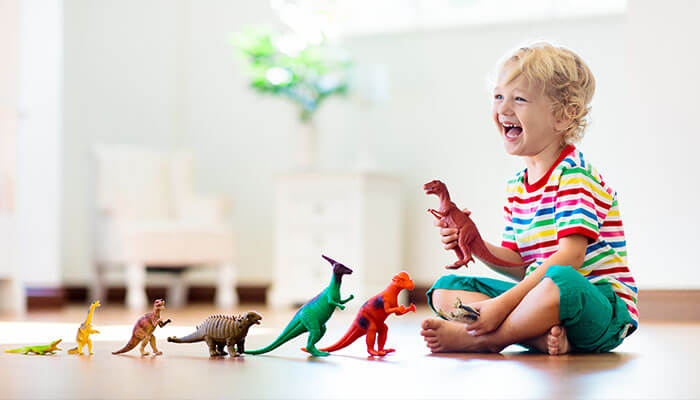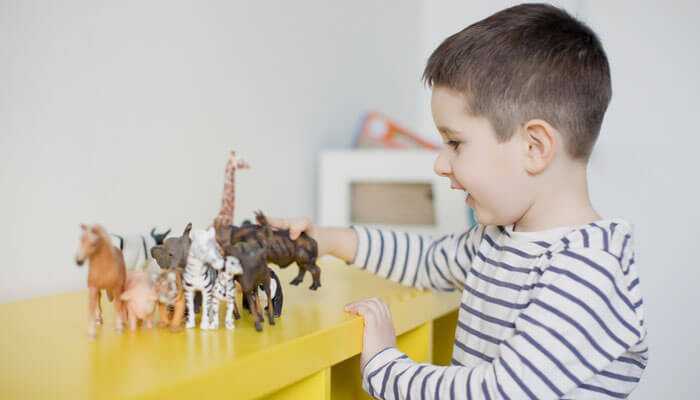Key Points:
- Farm animal toys encourage kids to use their imagination and creativity.
- They aid in the development of emotional and social skills.
- Playing with farm animal toys can help enhance motor skills and coordination.
- These toys offer a fun and educational way for children to learn about animals and farming.
Table of Contents:
- Introduction
- Fostering Creativity and Imagination
- Boosting Cognitive Abilities
- Nurturing Social and Emotional Skills
- Enhancing Fine Motor Skills
- Wrapping Up
Introduction
Toys are more than playthings; they play a role in a child’s growth and development. Among the array of options, farm animal toys stand out for their unique blend of entertainment and education. These toys capture the essence of farm life providing kids with opportunities to unleash their creativity, improve skills, and grow socially and emotionally. This guide explores how farm animal toys contribute to aspects of children’s development.
Moreover, handling animal figurines can enhance motor skills and hand-eye coordination. Farm animal toy sets often encourage play, teaching kids about sharing and teamwork. Additionally, these toys can introduce concepts as well, as ecological principles setting the stage for future scientific exploration.
This article explores the impact of farm animal toys, on children’s development in ways.
Fostering Creativity and Imagination
Farm animal toys act as tools for imagination. When kids engage with these toys, they often craft scenarios and tales involving farm animals. This is not nurtured. It also aids in honing storytelling abilities. Through role-playing with farm animal toys, children can step into the roles of farmers, veterinarians, or simply caretakers of these creatures. They can envision taking their toy animals to the vet feeding them and tucking them in for the night constructing a realm where they hold the reins. This imaginative play is crucial for growth as it promotes problem-solving and analytical thinking skills.
Boosting Cognitive Abilities
Playing with farm animal toys is a method to boost a child’s capabilities. When kids group the animals based on categories—like barnyard animals, versus pets—they are involved in classification, a math skill. Moreover, farm animal toys can be utilized to teach counting and color identification. For example, parents could task their children with counting the cows, pigs, and chickens or sorting the animals by color. These simple activities enhance memory retention and interactively introduce numbers and colors.
Nurturing Social and Emotional Skills
Playing with farm animal toys can play a role in fostering emotional skills in children. When kids engage in play, they learn the importance of sharing and teamwork which is essential for their social growth. Role-playing scenarios with farm animals often prompt children to show empathy and compassion such as taking care of an animal or making sure all the animals are fed. This type of play helps kids develop intelligence and social awareness. Furthermore, discussing their play experiences can boost their language and conversational abilities.
Enhancing Fine Motor Skills
Engaging with farm animal toys can enhance children’s motor skills and hand-eye coordination. Manipulating the toys placing them in a farm setup or arranging them on a play surface involves control of motor skills. These activities help strengthen the muscles in their hands and fingers… laying the foundation for tasks like writing that require dexterity as they grow older. Moreover, setting up a farm scene demands accuracy and improving awareness.
Wrapping Up
Farm animal toys serve as more than objects for play; they contribute significantly to aspects of child development. From fostering creativity and boosting ability to nurturing emotional skills and enhancing fine motor proficiency, these toys provide a holistic developmental experience.
Using farm animal toys can be a way for parents to involve their kids in fun and educational activities. If you come across these animals, remember that they offer more than just playtime. They can help shape your child’s future.
Furthermore, playing with these toys in a group setting can encourage children to learn about cooperation and teamwork. The hands-on experience with farm animal toys also aids in development, making the learning process more engaging and enjoyable. When you spot these creatures, keep in mind that they are not just for play. They serve as building blocks for your child’s development.




